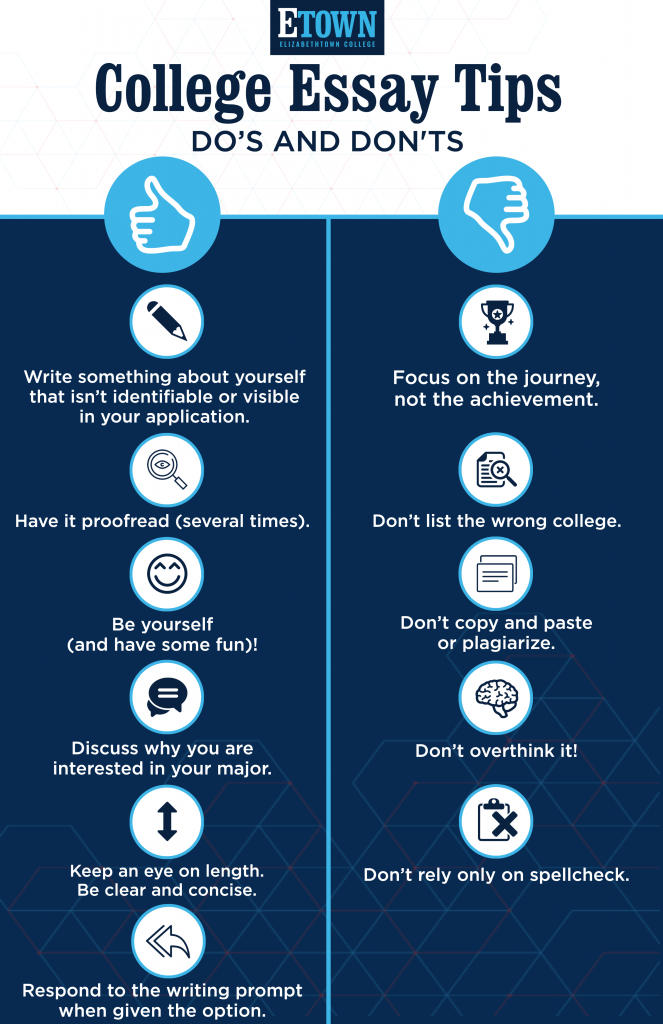
Mastering the Art of Writing a College Essay: A Comprehensive Guide
Mastering the Art of Writing a College Essay: A Comprehensive Guide
Crafting a compelling college essay is one of the most significant steps in the college application process. As I embarked on my journey to write my own college application essay, I quickly realized that this piece of writing is not just a requirement; it is an opportunity to showcase who I am beyond my grades and test scores. In this comprehensive guide, I will share the essential tips, structure guidelines, and effective writing strategies that helped me master the art of writing a college essay. I hope these insights will empower you to create an essay that stands out and impresses admissions committees.

Understanding the Purpose of a College Essay
Before diving into the nuts and bolts of essay writing, it is crucial to understand the purpose of a college application essay. Admissions committees are looking for more than just a list of accomplishments. They want to get to know the real you—your thoughts, values, and experiences. A well-crafted essay can reveal your personality, resilience, and how you think critically about the world around you.
Choosing a Topic
When it comes to selecting a topic for your college essay, I found that it’s best to choose something that resonates deeply with you. Here are some tips to consider:
- Reflect on Your Experiences: Think about significant moments in your life. What challenges have you faced? What have you learned from them? Your essay should reflect your personal growth.
- Focus on a Theme: A strong theme can tie your essay together. It can be an experience, a belief, or a passion that defines you.
- Be Authentic: Write about what matters to you. Authenticity will resonate with readers more than trying to fit into a mold.
Structuring Your Essay
Once you have a topic in mind, the next step is to structure your essay effectively. A well-organized essay not only flows better but also keeps the reader engaged. Here’s a basic structure I followed:
1. Introduction
Your introduction should grab the reader’s attention and provide a glimpse of what’s to come. I recommend starting with a compelling hook—a quote, a question, or a vivid scene that draws the reader in.
2. Body Paragraphs
The body of your essay should delve into your experiences and insights. Here are some effective writing strategies I employed:
- Use Specific Examples: Instead of making broad statements, provide specific anecdotes that illustrate your points. This makes your essay more relatable and memorable.
- Show, Don’t Tell: Use descriptive language to paint a picture for the reader. Instead of saying, “I was nervous,” describe the physical sensations and thoughts that accompanied your anxiety.
- Connect Your Experiences to Your Future: Tie your personal experiences back to your aspirations. How have they shaped your goals? How will they influence your college experience?
3. Conclusion
Your conclusion should wrap up your essay and leave a lasting impression. Reflect on the journey you’ve shared and emphasize your growth. A strong conclusion can reiterate the main theme of your essay and connect it to your future aspirations.
Effective Writing Strategies
Here are some additional college essay tips that I found invaluable:
- Edit Ruthlessly: After writing your first draft, take a step back. Revisit your essay with fresh eyes, and be willing to cut unnecessary details. Clarity and conciseness are key.
- Seek Feedback: Share your essay with trusted friends, family, or teachers. They can provide constructive criticism and help identify areas for improvement.
- Read Successful Essays: Reviewing outstanding college essay examples can inspire your writing. Websites like College Essay Guy offer a wealth of examples from top universities.

Common Mistakes to Avoid
Even with the best intentions, it’s easy to fall into common pitfalls when writing a college essay. Here are a few mistakes to watch out for:
- Clichés: Avoid overused phrases and ideas. Strive for originality in your writing.
- Being Too Vague: General statements can weaken your essay. Be specific and provide detailed examples.
- Neglecting the Prompt: Make sure to address the specific question or prompt provided by the college. Tailor your essay to fit their requirements.
FAQs About College Essays
1. How long should my college essay be?
Most colleges specify a word limit for the essay, typically around 500-650 words. It’s essential to adhere to these guidelines.
2. Is it okay to use humor in my essay?
Humor can be effective if used appropriately and in moderation. However, be cautious as humor can be subjective and may not resonate with all readers.
3. Should I write about a negative experience?
Writing about a challenge or a failure can be powerful, as long as you focus on what you learned and how it contributed to your growth.
4. Can I submit a previously written paper as my college essay?
No, your college essay should be a personal statement that reflects your voice and experiences. Submitting a paper written for another purpose may not convey your true self.
Final Thoughts
Writing a college application essay can be a daunting task, but it is also an opportunity to express your individuality and passion. By following the tips and strategies outlined in this guide, I am confident that you can create an essay that captures your essence and makes a lasting impression on admissions committees.
Remember, your college essay is a chance to tell your story. Embrace the process, be authentic, and let your voice shine through. With dedication and creativity, you can master the art of writing a compelling college essay that stands out.

For more assistance in crafting your essays, consider using an Essay Writer tool to help refine your writing and ensure clarity.
By implementing the strategies shared in this guide, I hope you feel more prepared to tackle your college essay. Good luck, and happy writing!


